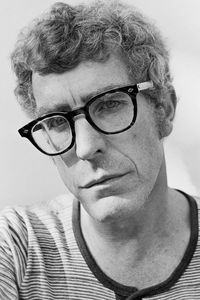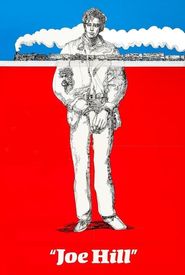Born on June 8, 1930, in the charming city of Malmö, located in the picturesque region of Skåne län, Sweden, Bo Gunnar Widerberg emerged as a multifaceted creative force, effortlessly transitioning between the roles of film director, writer, editor, and actor.
Throughout his illustrious career, Widerberg left an indelible mark on the industry, showcasing his versatility and innovative approach to storytelling.
Tragically, Widerberg's life came to a close on May 1, 1997, in the lovely town of Ängelholm, also situated in Skåne län, Sweden, due to a diagnosis of stomach cancer, leaving behind a legacy that continues to inspire and influence generations of creatives.
Noted film director Widerberg has left an indelible mark on the cinematic world, having helmed a diverse array of motion pictures that have garnered widespread critical acclaim and public recognition.
Bo Widerberg's cinematic endeavors were profoundly influenced by his ambition to imbue Swedish filmmaking with a more pronounced political undertone and a more forward-thinking narrative approach. In a marked departure from the prevailing aesthetic of his contemporaries, including the illustrious Ingmar Bergman, Widerberg's work instead concentrated on horizontal storytelling, delving into the intricate connections and relationships between individuals rather than solely fixating on vertical themes.
Bo Widerberg's seminal work, A Vision of Swedish Cinema, presents a compelling critique of Ingmar Bergman's cinematic oeuvre, positing that the latter's films overwhelmingly focus on themes of existential crisis and introspection, thereby overlooking the importance of more grounded, people-oriented storytelling.
Widerberg's thought-provoking argument asserts that Bergman's films, in their emphasis on the individual's inner struggles, neglect the need for narratives that explore the intricacies of human relationships and the complexities of societal dynamics.
In Widerberg's vision, cinema is not merely an artistic medium, but a powerful tool for social sciences, capable of serving as a sociological report that sheds light on the multifaceted nature of human relationships, providing a nuanced understanding of the intricate web of social interactions that shape our collective experiences.
By challenging the dominant cinematic paradigm of the time, Widerberg's work offers a fresh perspective on the role of film in society, advocating for a more inclusive and people-centric approach to storytelling, one that prioritizes the exploration of human relationships and the complexities of social dynamics.
























